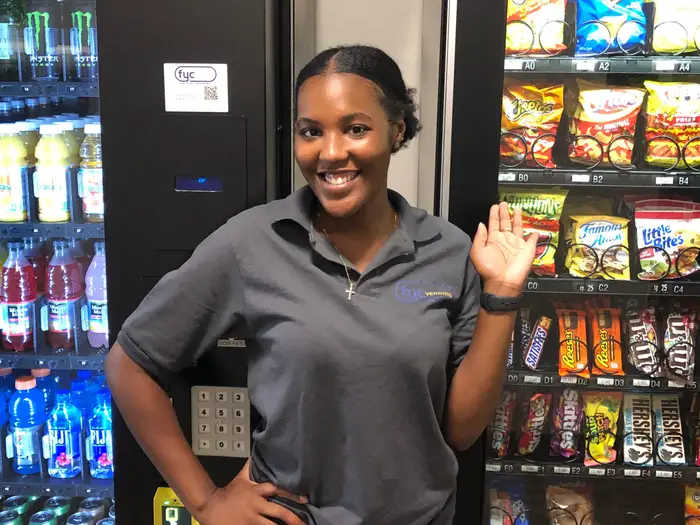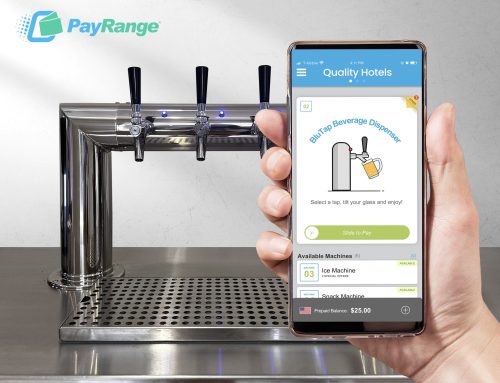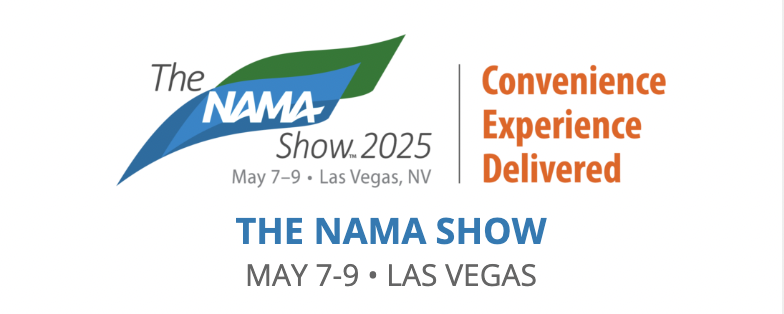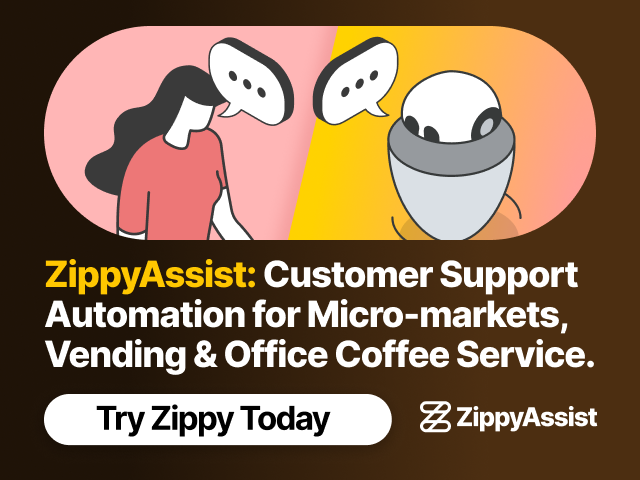A Gen Z entrepreneur made $119,000 in vending-machine sales since graduating college. Here’s how she built her business. #vendingsuccess
While attending Georgia State University, Maya Ray noticed her dorm building didn’t have many options for students to grab quick snacks and late-night munchies.
When she graduated in May 2020 and didn’t get the job in events and marketing she wanted, she turned to Twitter for other opportunities. There she found Marcus Gram, who was selling a course on how to start a vending-machine business. Today, as a recession looms in the US, finding a passive income side hustle can be an advantageous way to increase your income.
“I saw his success in it,” she said, adding that after taking his course he became her mentor. “I always wanted to try it out.”
Ray, who’s based in Atlanta, launched her own business in June 2022 and her alma mater became her first client. Now she owns and operates vending machines in the very building she used to live in.
Her company, FYC Vending, operates five vending machines, and Ray made $32,800 in sales by July 2022. Between her launch and July 2022, she’s booked $119,200 in total sales, which Insider verified with documentation.
Ray shared her tips for starting a vending-machine business and explained how she grew her business.
Startup costs
Just like one-third of business owners in the US, Ray used a credit card to fund her startup costs. A business credit card is one of the easiest ways to build up your business credit without having substantial revenue, funding expert Arielle Loren previously told Insider.
The first two vending machines Ray placed at Georgia State cost $6,000, then she spent about $300 to stock the machines with snacks and drinks. The machines started making sales the day they were installed because students were so excited to have them, she said.
By 2022, it was her most profitable location and she was refilling the machines three times a week to keep up with demand.
Location criteria
Before purchasing a machine, it’s important to secure the location, which can take a lot of convincing, follow up, and patience, Ray said.
While Ray opened a third location in February 2021, she sold it earlier last year because it wasn’t making enough sales. The experience taught her to vet her placements more thoroughly.
“I’ve learned to research more and get a full story before jumping in, especially if it’s going to be a large investment,” she said.
She placed her next two machines at Kennesaw State University, in Kennesaw, Georgia, in August 2021, and added a third machine at Georgia State in January 2022.
To determine the best location, she first looks at the number of students living in the building and employees who work there. Then she considers who will have access to the machines and whether they’ll have a need for them.
“They may have a lot of residents, but if they have a marketplace already in their location, they’re not going to be in the mood to go to a vending machine,” she said.
Efficiency is key
To scale her business, Ray learned to maximize her time by making regular tasks more efficient.
She used to shop at Sam’s Club every week to stock up on merchandise for her machines, but realized it was taking up a lot of time that she could spend on other areas of her business. Now, she orders curbside pickup so the store does all the shopping for her.
Looking ahead, Ray is planning her own course — similar to her mentor Gram’s — on how to start a vending-machine business to teach at colleges in the Atlanta area.
“My passion is to expose more of the younger generation to it so that they can have someone they can ask questions or have better insight on how the industry really works and what they have to do to succeed in it,” she said.
Visit website FYC Vending.
















